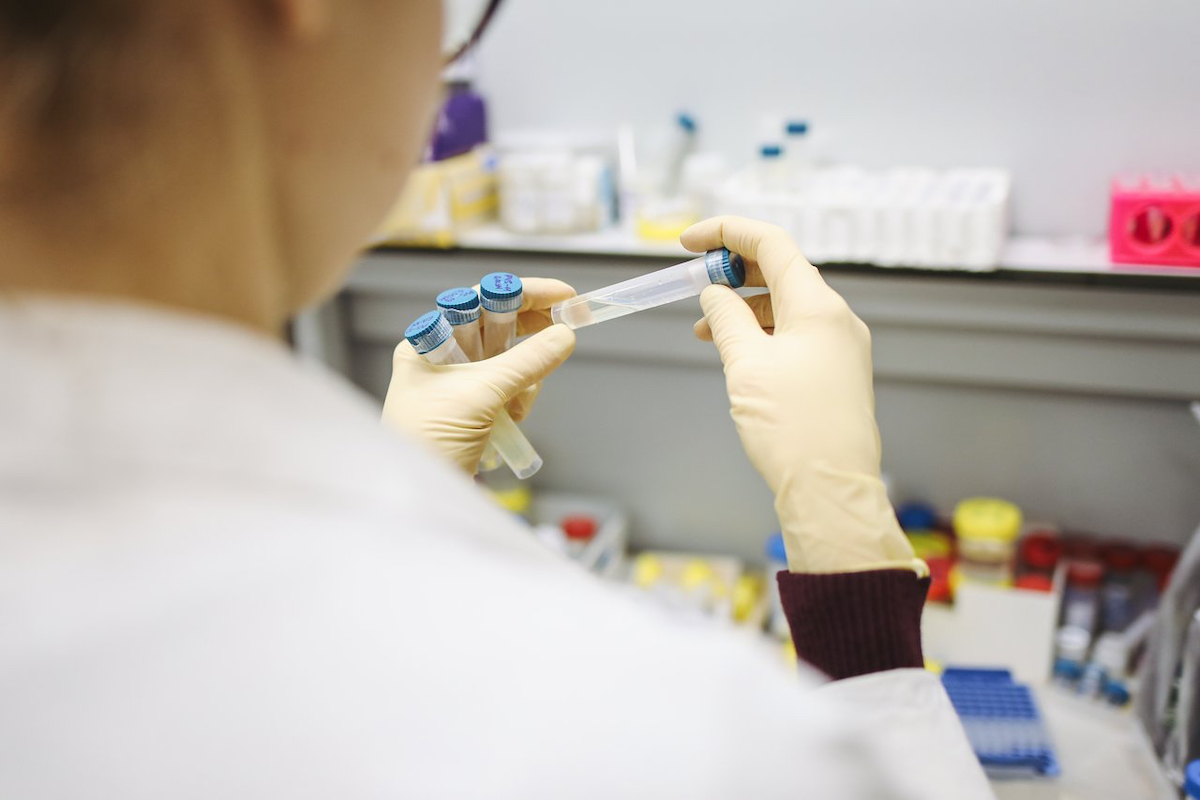Unpaid internships are a prominent feature of the college experience for many students — especially so for students of color. But they also widen income inequality: For those who come from economically disadvantaged families, it’s not always an option to work for free.
To counter this, a new program called Project Onramp Philadelphia seeks to connect low-income, first-generation college students to paid internships at companies within the region’s booming life sciences sector.
Onramp was announced this week via a collaboration between two local nonprofits: Philadelphia Futures, which supports low-income high schoolers who would be the first in their families to attend college, and Life Science Cares Philadelphia, which connects life science pros to poverty-fighting volunteer opportunities.
Life Science Cares Philadelphia Executive Director Peter Wolf told Technical.ly the partners began discussing the collaboration last summer. He is eager to work with Philadelphia Futures on Project Onramp because of “their strong connections to the students in their program, the work they do to prepare students and experience placing students with internships.”
“Philadelphia Futures had some connections to the life science community,” he said via email, “but was interested in the opportunity to expand the opportunities to place students in a broader range of life science companies as the industry is growing here in Philadelphia.”
For its first cohort in summer 2021, Project Onramp will aim to connect 25 to 30 interns with local companies. Internship roles will range from business disciplines like human resources and finance to those closer to hard science. Employer partners will be expected to pay interns’ salaries, but otherwise, it’s free for companies to participate in the program.
Philadelphia Futures President and CEO Sara Woods is optimistic about the work Project Onramp can do in making life science job opportunities more equitable.
“Philadelphia Futures has a long track record of supporting low-income, first-generation-to-college students and we know the powerful difference a paid internship can make for these students, as well as the value these students can bring to their host companies,” she said in a statement. “It’s inspiring to see Greater Philadelphia life science companies partnering with the community to provide a pathway for talented students to learn about and succeed in careers in the life sciences.”
Wolf said Life Science Cares and Philadelphia Futures will measure the success of the program by evaluating the number of students placed in paid internships, life science company feedback, and student feedback in questionnaires. Students in the program will be asked how likely they are to consider a career in the life science industry and if they would participate in Project Onramp again.
Over the next approximately five years, interns will also be tracked to see if they accept full-time positions in the life science industry. Future hiring, however, is not a requirement for companies interested in participating. Companies interested in hosting interns can fill out this form.
For now, Project Onramp is limited to students involved with Philadelphia Futures. Wolf added that Project Onramp Boston has expanded the number of nonprofit programs there as the program has grown. The local program is supported by funding from Life Science Cares Philadelphia’s board and board of advisors as well as donations.







